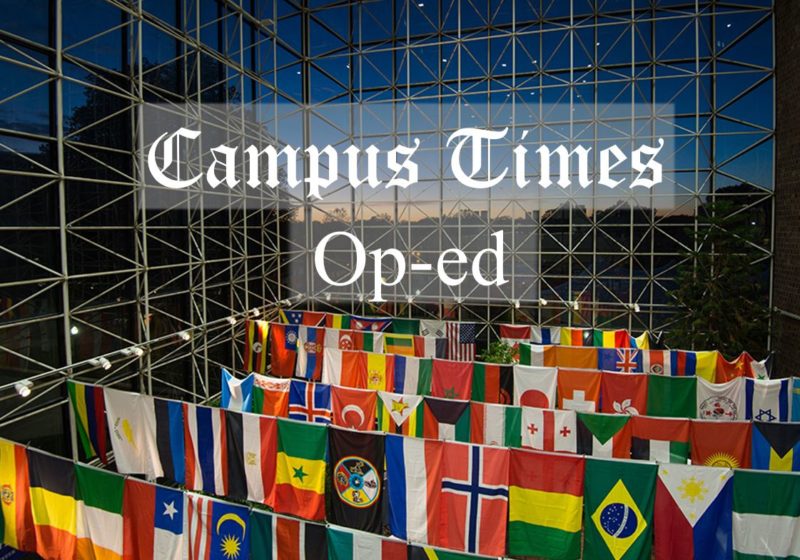Recently, I was present for a conversation between people at my job about maturity. During the conversation, an idea was offered for what makes people mature: Huge changes are triggered by the events that happen in your life. When you experience a huge shift in your life, you’re forced to reconsider the way you live, consciously or subconsciously. This makes a lot of sense to me — every part of my life that I feel represents a substantial change in character has been preceded by a substantial change in situation.
The problem is that I’m not nearly as mature as I’d like to be, and, being immature and impatient, I’d very much like to change now, and not wait around for the next life-changing event.
College is supposed to be that life-changing event, but it’s a very gradual process. In day-to-day life, I don’t notice much about me that’s different than who I was before I graduated high school. I still put things off, eat too much food, and stay up too late. I know that changing your habits takes work, and it’s work that I’m trying to do. It just feels odd that the biggest differences between my very recent past self and my current self are what I can legally do — vote, join the military — and not what I am actually capable of.
The last time I underwent a serious personal change of that magnitude was between the ages of 13 and 14.
I can’t explain exactly what happened, but suddenly, I was quieter. I dressed differently. I behaved differently. I held different beliefs. And now, in college, I’m not at all like I thought I would be in middle-school. In fact, I would be a disappointment to my middle-school self.
I know that personal change is a slow, gradual process, but it doesn’t feel that way. What it feels like is if my consciousness were split in two when I hit 14, preventing me from purposefully accessing any of my thoughts, emotions, or behaviors from before then. I learned so many things so fast, and even if I were to go back and try to take some of the (very few) good aspects of middle-school Corey with me, I don’t think I remember how. And though I’m very glad that I changed, it does make me sad that there’s nothing good connecting me to middle-school Corey. We share memories and regrets and flaws, but I’m not as confident as she was, and I’m sure she wouldn’t want anything to do with me now.
I’m a first-year in college now, and for the past month, I’ve been wondering how I can make that transition happen again. All of the upperclassmen that I’ve met are so intimidatingly capable. All of these upperclassmen have personalities. I thought I had one, for a time, but I know now that I just have the pieces of one. Quiet, check. Has likes and dislikes, check. Gives others a sense of who I am through conversation? Nope.
I know that I’m going to undergo another serious change over the next year or so. I’m sure that when this is done, I’ll regret high-school Corey at least as much as I do middle-school Corey. But I want to become a full person, someone who does things confidently and correctly. When I get there, that person probably won’t look like who I’m aiming for right now, but that’s fine. I’m sure that who I am now would be incredibly disappointed in who I will eventually become. I’m taking that as a sign that I’m on the right track.


